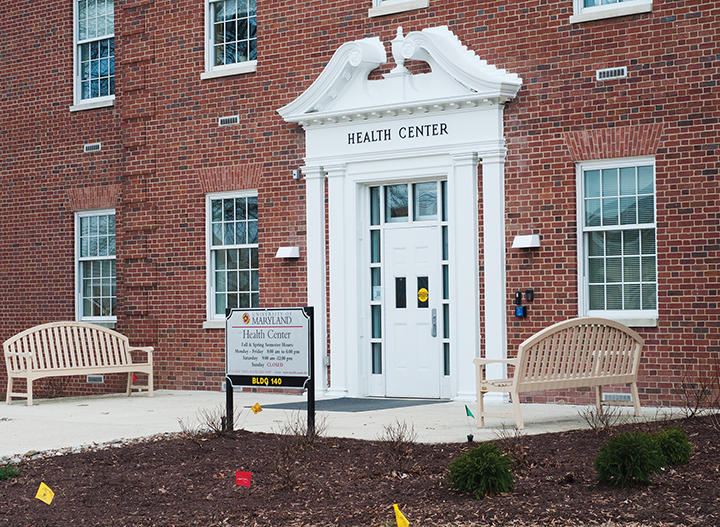Before the University Health Center offered hormone therapy, transgender University of Maryland students were often forced to turn elsewhere for help or services, said Luke Jensen, director of the LGBT Equity Center.
Students “went off-campus and had to go to various clinics around the area who would offer these services,” Jensen said. “I had one student who was going to Baltimore for hormone therapy.”
Following student requests, though, the university began to offer hormone therapy in summer 2014 — a move that helped students feel more welcomed into the university community, Jensen said.
This June, the health center will present its hormone therapy program at the American College Health Association conference in San Francisco. Earlier this semester, two staff members presented at the Maryland Student Affairs conference.
The talk will focus on the university’s hormone therapy process and how it was established. David McBride, director of the University Health Center, said the health center’s recognition in December by the Human Rights Campaign as a 2016 Leader in LGBT Healthcare Equality helped encourage providers to present their work.
“This is a great opportunity for the university, because we get to share what we are doing with others around the country who are taking care of transgender college students,” McBride said.
Initially, a student who had started hormone therapy on the West Coast approached Penny Jacobs, a nurse practitioner at the health center, with an interest in continuing the therapy. The health center supplied the student’s requested hormones and gradually expanded the program to include students already on hormones interested in continuing the therapy.
Student Government Association representatives, working with the health center and then-director Sacared Bodison, then discussed the concept of providing hormone therapy, Jacobs said.
Jacobs hopes the presentation will help other universities and providers to start their own programs.
“Each individual goes through transition in their own way, but we try to make sure that they feel as supported as possible not only medically but emotionally as well,” Jacobs said.
The health center provides students access to mental health professionals to provide ongoing support and walk them through the process, McBride said.
Offering hormone therapy to students, he said, is vital because of the barriers they might face at home.
“College is a time when a lot of people are making the decision to take that step in their lives,” McBride said. “They sometimes cannot access that care at home, often because their families may not know about their transition or there aren’t doctors available.”



